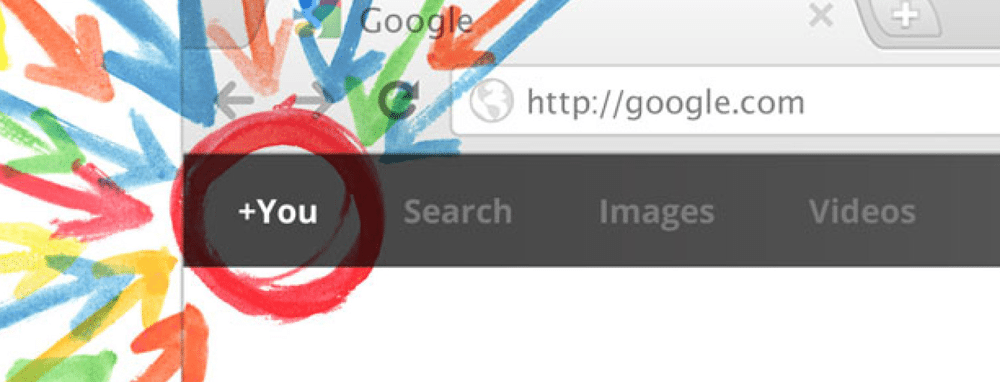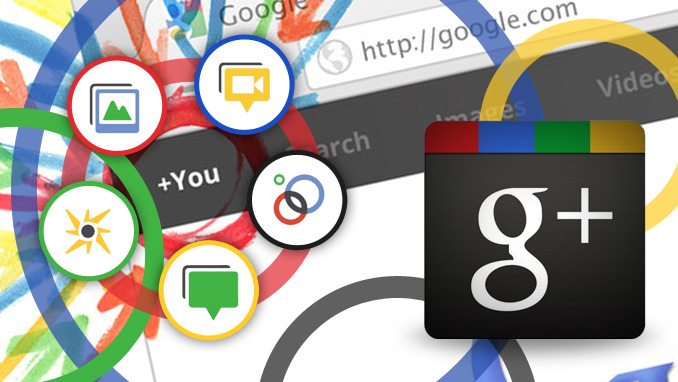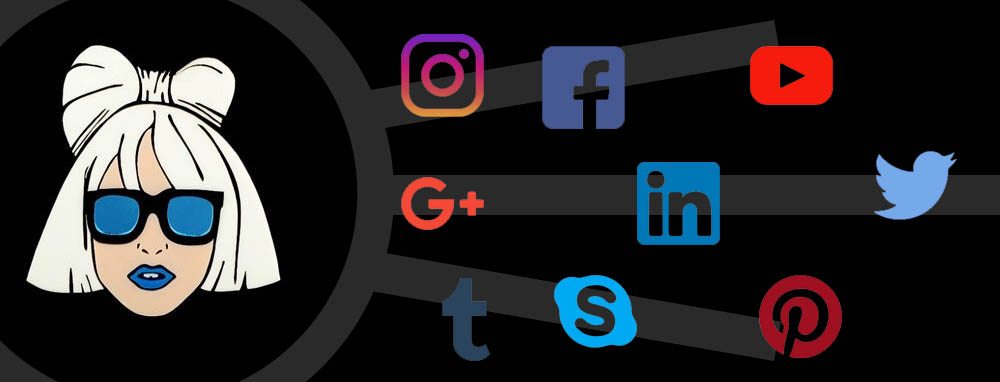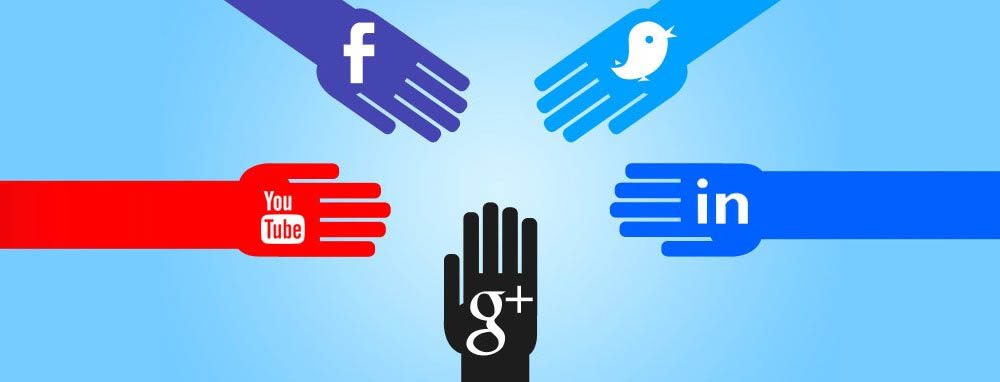In early January, Google has introduced a social search feature called “Search, plus Your World”. This officially marks the social search revolution as it transforms its famous search engine more radically than ever. Its integrated search result now understands not only content, but also people and relationships.



This change actually merges Google’s social networking initiative, Google+, and it’s general web results, which provides more personalized, more relevant streams of results, that is rich with people and information. Google is taking a big step in the social search by introducing three new features to its famous search engine – Personal Results, Profiles in Search, and People and Pages.
Social Search and Google +1
This latest buzz allows Googleís robots to incorporate data from your social network, along with the public internet, when delivering results of a search.
This algorithm update is one of the most radical changes to Google ever. The new system is expected to make life a lot easier for many searchers, letting them find privately shared content for family and friends, along with materials from across the Web – all in one single search.
Whereas before, people would search a search term (e.g. “surfing”) and immediately be present with YouTube videos of surfboarding, articles about how to surf, boards for sale and so on…
Now, in addition to all that, you might also see friends’ photo albums of themselves surfing, a blog post that your family members previously shared about surfboards, and other relevant results from your social network.
It’s worth noting that these personalized search results appear only if you’re logged into your Google Account. And there are options to turn them off if you wish. Still, materials that are specifically related to the searcher are now surfacing in the Google results. And that’s a big deal.
If your friends and family are enjoying a video that is rapidly going viral, don’t you think you’re more likely to watch it yourself? Don’t you also think that others will share it and watch it too?
Personalized Results
In addition, Google will make careful note of your social behaviors (bringing you results that have to do with your personal behavior, i.e. sites you’ve previously visited) and bring you more relevant results (meaning results of related content in your social networks: blog posts, articles, videos, etc.)
Public Google+ posts / photos: Google’s social network, Google+, will now have content displayed in Google’s search results. This includes public content that is relevant to what you’re searching for.
Private Google+ posts / photos: If your account has access to Google+ posts and photos (through your friends and extended network), they will show up in your results.
It’s worth noting that Search Plus Your World doesn’t cover content on Twitter, Flickr, or Facebook (which is probably the biggest storage of personal content and information on the Internet).
Google+ Push vs Facebook/Twitter
One of the biggest benefits of this “social search” update (for Google) is that the search engine will now receive much more exposure to its social network, Google +. Google+ profiles are sure to gain more exposure, along with posts and photographs that are linked and shared on them.
The update has yet to be fully installed (right now, only English users of Google.com have access to the update) but when it is, people will be alerted by the above message (appearing above your search results).
The Search Plus Your World update lets you see a personal results section right above the standard search results. You’ll know it’s appearing when you see the indicators being highlighted.
In addition, some of the personal results that your search returns are blended into the first page of results that pop up. That alone is enormous as search engine optimization has been revolutionized.
Meanwhile, this social network battle is about who is going to be the go-to network for social content and search. Google wants to own both, and is willing to tempt the antitrust fates by using its dominance in search to promote Google+. Facebook locks down all of its content and has chosen its partner by siding with Microsoft and Bing, while Twitter is caught in the middle; it has no search to speak of, and Google is clearly playing to win. Users can only sit and watch their content become a football for the three to fight over.
Google +1 – Revolutionizing SEO
What happens when you click a Google +1 button?
You’re invited to join the social network Google+, first off. Similar to clicking a Facebook Like button and having the post / article / video, etc. placed onto your social network (sort of a vote of confidence), or clicking the “Retweet” button to share content on Twitter, clicking the Google +1 button will let you share your content with your Google+ network.
If you find a search result in Google’s search engine rankings that you like, you can vote for it. Of course, you’ll need a Google Profile to do so.
Can you imagine the benefits, SEO wise, of having different people clicking +1 on your website?
For starters, your site would immediately be shared across the Google +1 social network. The site would gain rapid and instant exposure to different people in different circles around the world.
That equals traffic! But that’s not all. With the site being shared by different circles and different people, more and more people would find it a popular choice. More searchers viewing personalized search would have your site appear in their search results.
It’s becoming even more important for sites to stay on top of things – from a pure SEO perspective and from a social perspective.
By having both halves in check, your site will do excellently.
So, as you can see, SEO is evolving. Social SEO is a new movement springing up as we speak.
Staying with Old Search results?
As Google users, some will end up don’t liking these new personal results change and a major turn off for privacy issues.
Don’t worry. A toggle switch that controls personal results should appear in the upper right corner of a search results page, the company says. Click “no personal results” to avoid seeing the social content.
The social search results started rolling out on Tuesday but may not be visible to all users. Google says the social search applies, for now, only to people who are signed in to Google.com and are searching in English., google +1





